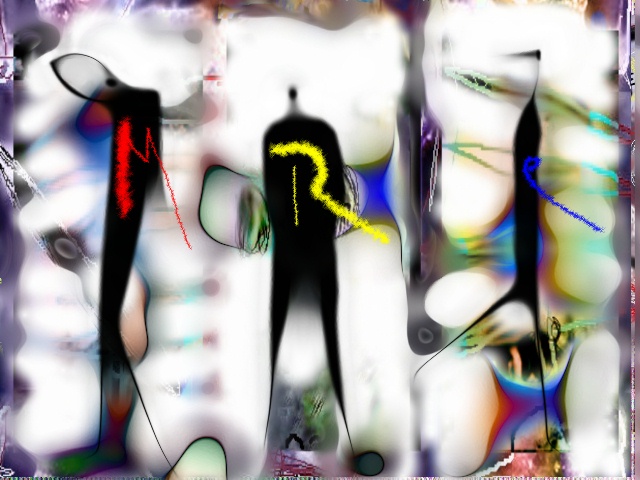Serendip is an independent site partnering with faculty at multiple colleges and universities around the world. Happy exploring!
The Story of Evolution and the Evolution of Stories: A Syllabus
 |
In the first month of college, he came across the most beautiful concluding sentence in world lit, words that gave him far more epiphany than any novel. The book itself was a long, hard slog, but oh, that arrival! (Richard Powers, Generosity) "There is grandeur in this view of life...that...from so simple a beginning endless forms most beautiful and most wonderful have been, and are being, evolved." (Charles Darwin, On The Origin of Species) |
We will experiment, in this course, with two interrelated and reciprocal inquiries: whether the biological concept of evolution is a useful one in understanding the phenomena of literature (in particular: the generation of new stories), and whether literature contributes to a deeper understanding of evolution. We will begin with an exploration of the basis for the "story" of evolution as developed by biologists, move on to a consideration of the relevance of the concept of evolution for making sense of other bodies of information and observations, and then turn to a consideration of one literary story growing out of another. We will ask repeatedly: Where do stories (scientific and literary) come from? Why do new ones emerge? What causes them to change? Why do (must?) some of them disappear? We will consider the parallels between diversity of stories and diversity of living organisms, and think about what new insights into evolution and literature emerge from such considerations.
|
Required Texts and Films: Adaptation, dir. Spike Jonze. Columbia TriStar Home Entertainment, 2003 |
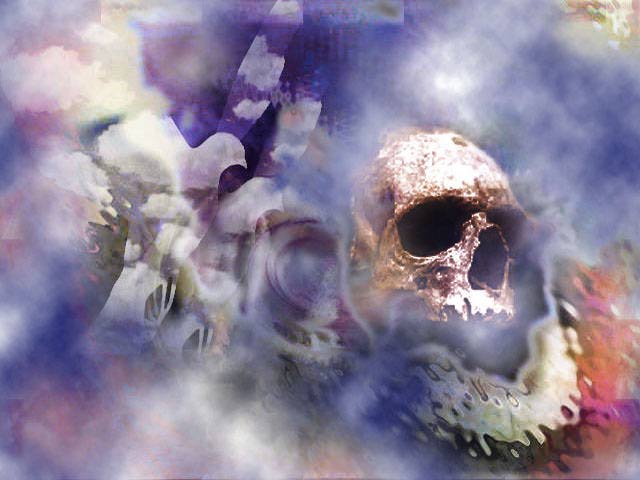 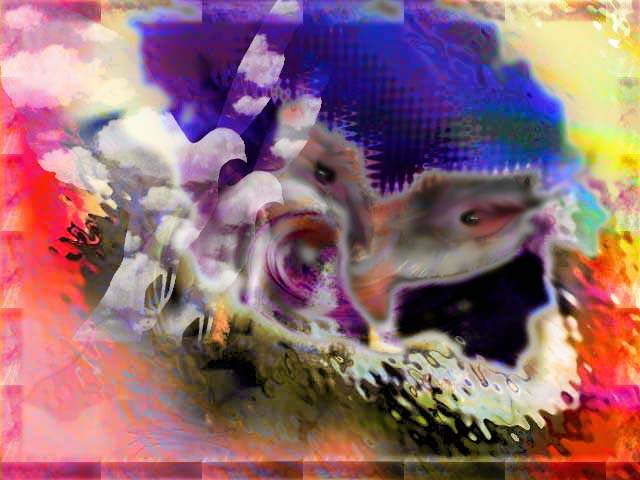 |
Week One: Playing/Setting Things Up
Tues, Jan. 18 Welcome!...to The Story of Evolution
Thurs, Jan. 20 Welcome, again...to the Evolution of Stories
Sun, Jan. 23 (and each Sunday evening thereafter):
post on-line your thoughts about this (or last) week's readings-and-conversations
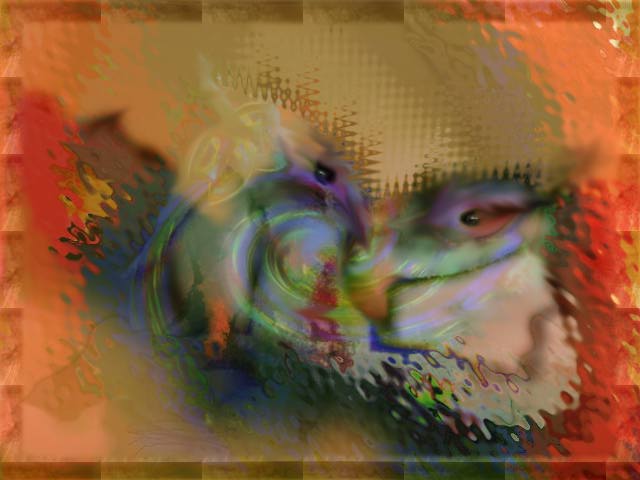 |
Weeks Two-Four: |
5 p.m. Fri, Feb. 11: Webproject #1 due, posted in your on-line portfolio
Write 3-4 pp. in which you think through some problem that has been raised in your mind by our discussion of biological evolution. This is not a "reaction paper" (like your postings in our on-line conversation), but should rather make a claim, develop a thesis, and support it with observations which you have drawn from several new resources you have located (either in the form of written texts or on the web).
Some sample topics:
- why should evolution be taught, or not, in high school?
- perform a textual analysis of Darwin: explain the process by which he makes meaning,
examining his use of language, his underlying presumptions, etc. - write a critical evaluation of the evidence for evolution
Weeks Five-Seven: Is Evolution a Useful Story Beyond Biology? Tues, Feb. 15 Dennett, Part I: Starting in the Middle (pp. 17-145) Thurs, Feb. 17 Dennett, continued Tues, Feb. 22 Dennett, Chapters 12-14 (pp. 335-427) Thurs, Feb. 24 Dennett, continued Tues, Mar. 1 Dennett, Chapters 15-18 (pp. 428-521) Thurs, Mar. 3 Dennett, continued |
 |
SPRING BREAK March 4-13
Midnight, Sun. Mar. 13: On-line mid-semester course evaluation
Post on-line your reflections on what's working, and what needs working on, for you as an individual and what's working, and what needs working on, for us as a group (on-line, in class). What are you learning individually? What are we learning collectively? Where are the edges of y/our learning now? What dimensions of the story of evolution and the evolution of stories have we not yet explored...are you still interested in exploring?
5 p.m. Mon, Mar. 14: Webproject #2 due
3-4 pp. on some aspect of the story of evolution beyond the context of biology which is of particular interest or use to you.
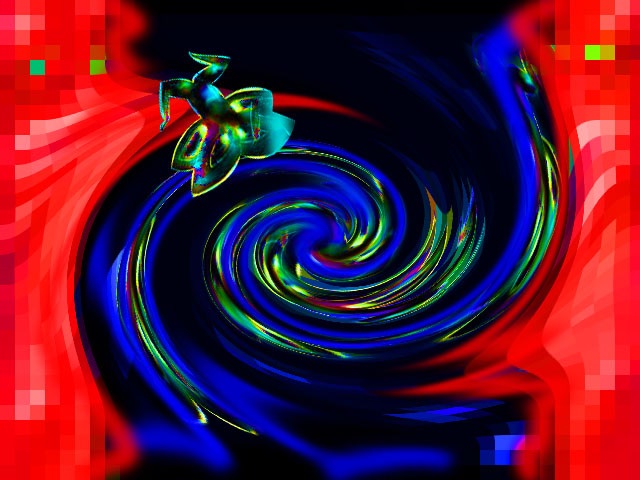 |
Weeks Eight-Twelve: How and why do Literary Stories Evolve?
|
3-4 pp. on some aspect of the evolution of literary or filmic stories that particularly interests--or is useful--to you.
Weeks Thirteen and Fourteen: Biological Evolution, Literature, and ... ? Tues, Apr. 19 What a biologist has been learning from the field of literary and film studies, what a literary critic has been learning from biology... Thurs, Apr. 21 What we all are learning from one another.... Tues, Apr. 26 & Thurs. Apr. 28 Bringing it all together--telling each other new stories In spontaneously formed emergent groups of four or so students, prepare 10-15 minute presentations reflecting on y/our experiences over the semester. Use the presentations to encourage, in a provocative and entertaining way, further story development on the part of others in the class. |
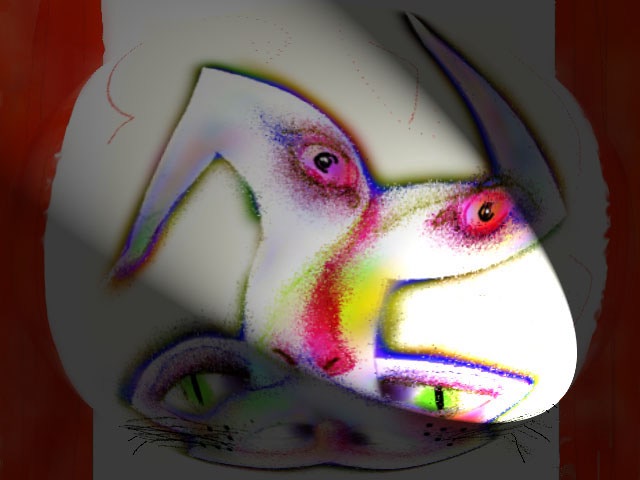 |
5 p.m. on Saturday, May 7 (and by noon on Friday, May 13 for all others)
Portfolio and Webproject #4 Due
Webproject #4: 10-12 pp. in which you make use of the biological, philosophical and literary stories of the course to create a new, interesting, useful story of your own--one that might well (in consultation with your instructor) have a creative dimension.
Instructions for Preparing and Posting Your WebPapers (and inspiration for going beyond)
Instructions for Preparing Your Portfolio
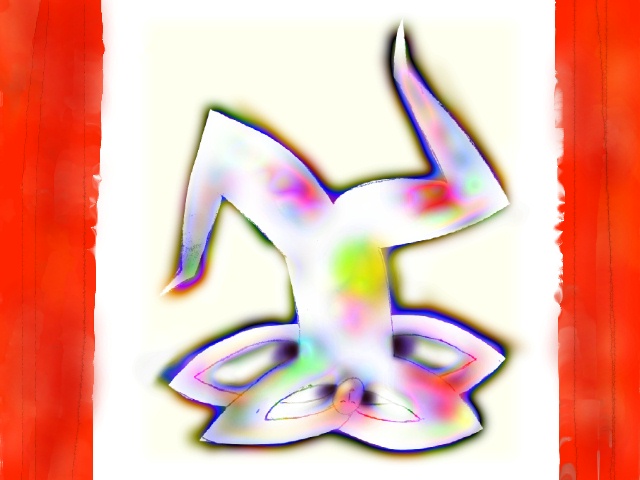 |
Course Requirements:
Grading:
|
The images on these pages are reproduced with permission of Rieko Nakamura and Toshihiro Anzai; you can see a complete display of their work at http://www.renga.com.

